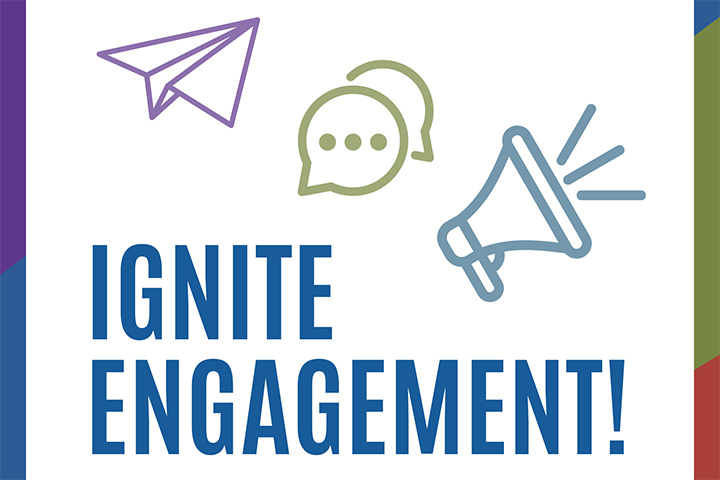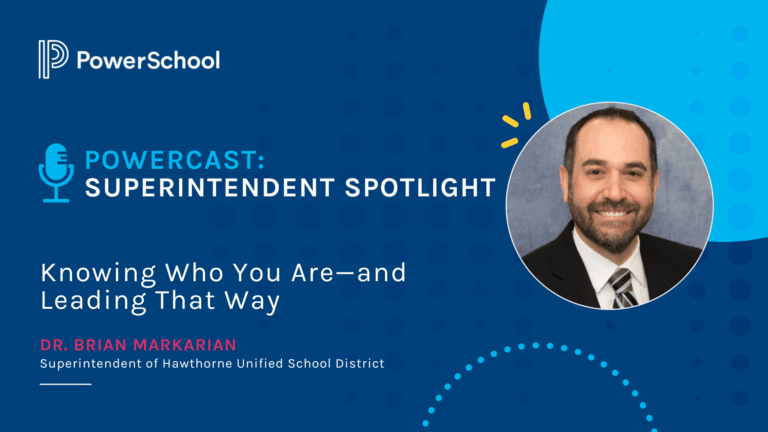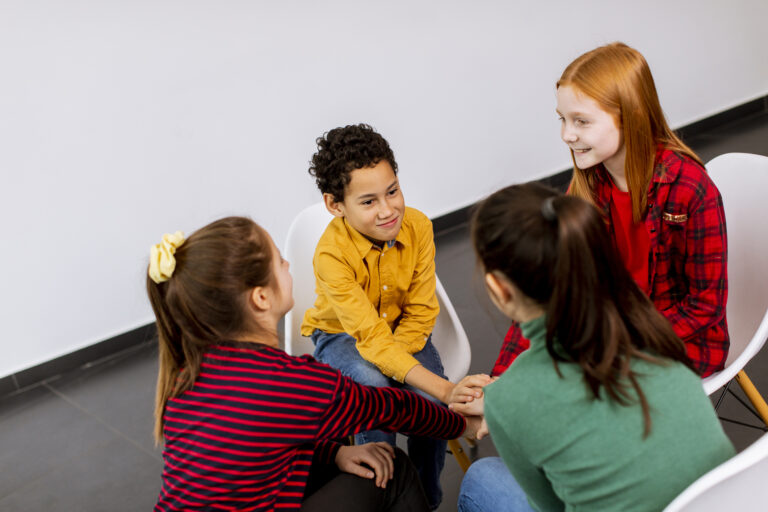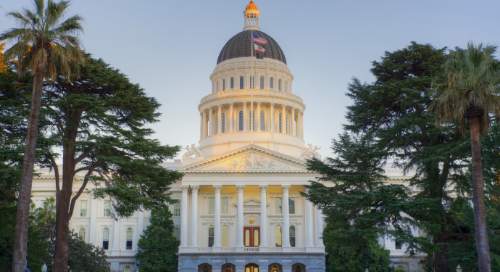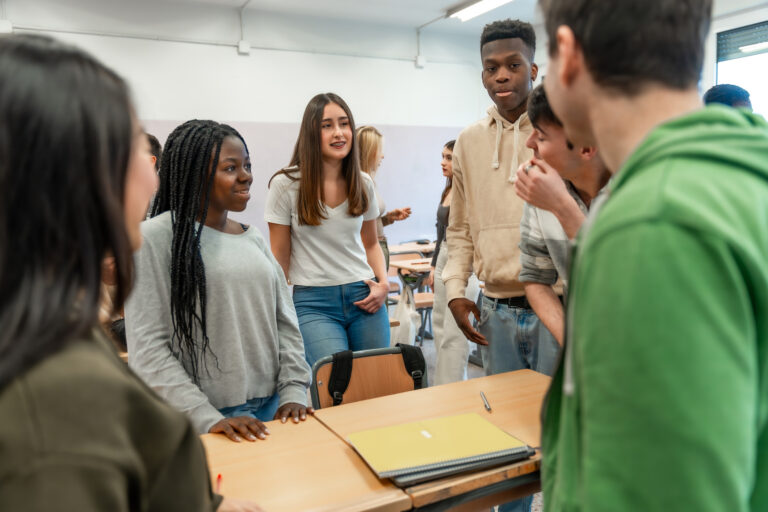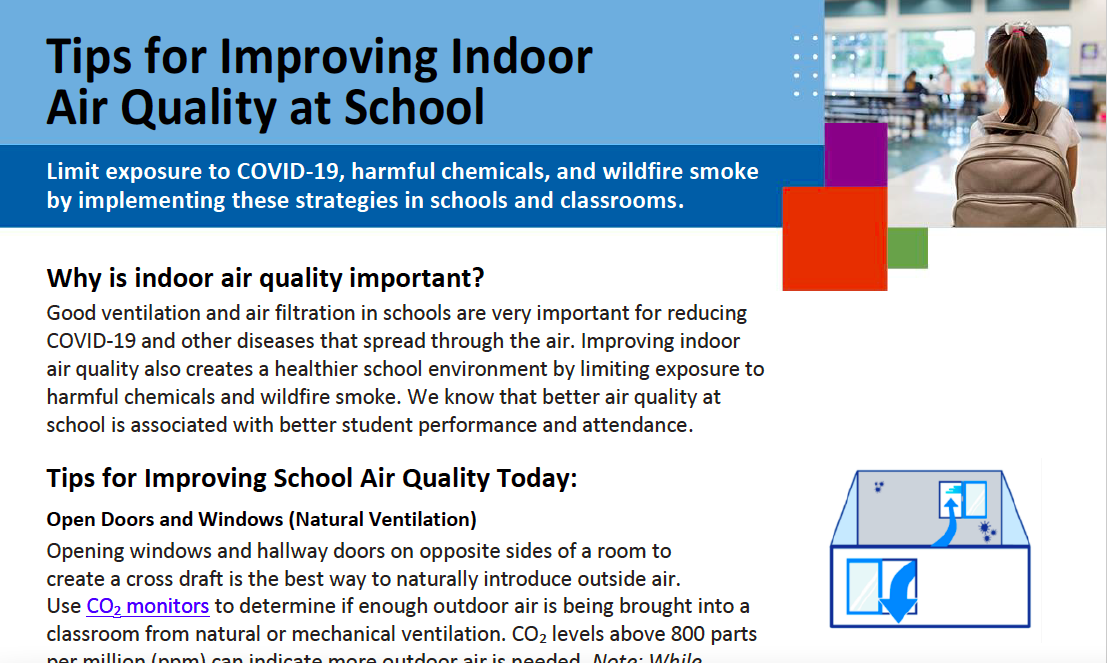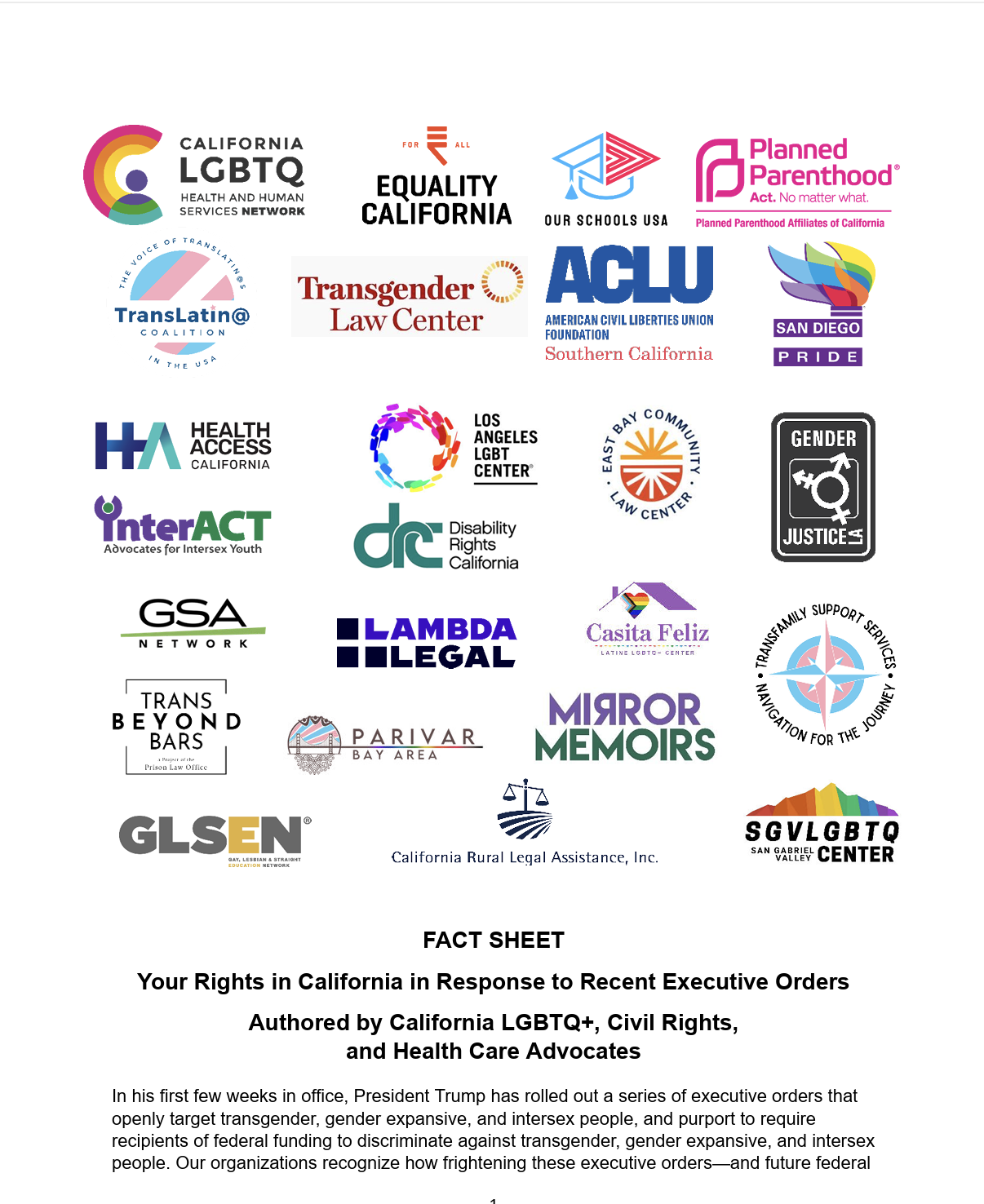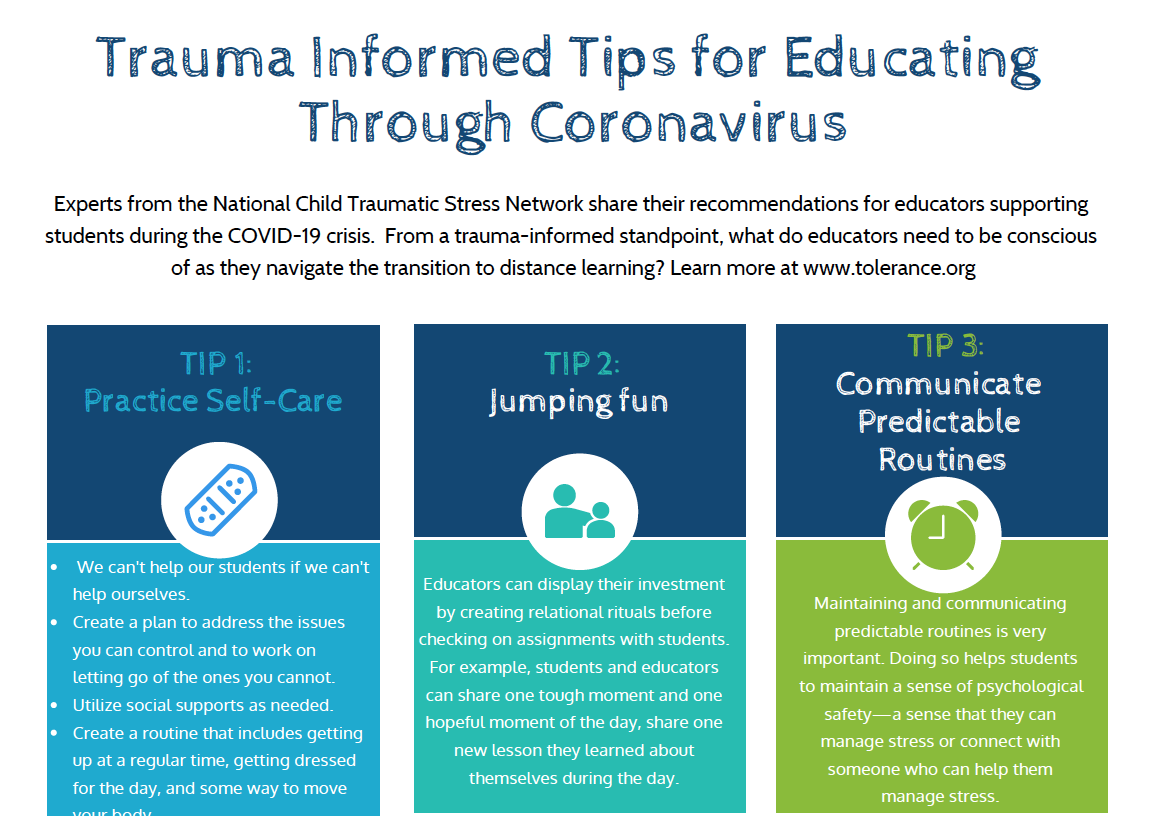The following content was provided by Michael Roe, Principal of Riverside Polytechnic High School within the Riverside Unified School District.
Roe writes, “the moment we heard about the event unfolding on March 14th [the walk-out to demonstrate respect and support for the victims and their families], we recognized immediately the opportunity that we had in front of us to help and support students in engaging civically with their peers and our community.”
Some tips on discussing the issue with students:
- Confer with city officials and experts about mechanisms you can employ to ensure that students would have an opportunity to share in the collective call to action.
- Come to a consensus that this democratic exercise should not be politically driven or an opportunity to pontificate, but rather an aggregate process in how to engage their school, community and nation and define their personal role in bringing about the change they seek.
- Meet with students to discuss strategies on how to ensure students can exercise their values and beliefs while maintaining the safety of all involved as well the integrity of the school day.
- Meet with student leaders to discuss their purpose for the event and desired outcomes. Roe’s students “agreed that walking off campus would not be the best way to get their messaging across and would create a profound safety issue for them.”
The following content was written directly by Michael Roe:
Our student leaders outlined their purpose for the day:
1. Promote awareness and the need for safe schools; and
2. Promote authentic civic engagement amongst students and staff.
As we processed with the students, they spoke of two competing Instagram accounts that were created once the March 14th call to action went public: 1) “polyhswalkouts”; and 2) “polystayinschool.” The Poly “Walk-Out” Instagram immediately began posting proactive positions related to responsible gun control while the Poly “Stay in School” responded in-kind with 2nd amendment protection posts. As we debriefed with the students who organized the “Walk-Out” page, we discussed their posts and talked about the repercussion of making the issue about gun control efforts versus building a coalition of shared interest around the safety of students and the need for safe schools. They agreed and are working now on reaching out to other students to bring everyone to the table and create a space for authentic discourse.
Civic engagement is defined as:
1. Civic Knowledge (What I know…)
2. Civic Associations (Who I am…)
3. Civic Action (What I do…)
We spent a great deal of time talking about civic action and moving beyond advocacy into mutual service, perspective taking and empathic skill-building. The research points to high quality civic learning needing to be 1) Information Rich; 2) Critical and Strategic; 3) Participatory; 4) Culturally Responsive; and 5) Reflective.
I truly believe that in a democracy, power is infinite. It is not a zero-sum game. Thus, the question: “What could schools be doing better to educate young people about citizenship?”
I believe this opportunity is in front of us – now. And I believe the answer to the question will have dramatic impact in the immediate and future. As Dewey (1937) asserted “…the isolation of knowledge and social action is breaking down.”
Call to action and next steps
Over the next 14 days, our entire community will be engaged in this effort to ensure that March 14th will be an awesome display of student voice and exercise in democracy. The messaging on that day will be affirming, inclusive, and a fierce call to further civic engagement that will help our school come together. For this to occur, it will be a team effort as we provide counsel, a lending ear and leadership for these students. Indeed, we must model what authentic civic discourse looks like and be willing to host critical conversations. This is a responsibility we all share in and is incumbent upon all of us in this profession.
Quick tenets:
1. There will be a modified schedule on March 14th to ensure students are respectful of their teachers and other students.
2. The stadium will house various speakers who will speak on school safety and civic engagement.
3. During the time slot, teachers will be able to remain in their classrooms or join the student body on campus.
4. While some students will attend the stadium event, we recognize others will use that time sit outside and reflect. Ample supervision will be present.
More details will follow as we continue to host multiple student groups to address concerns and aspirations. Over the next 14 days we have an incredible opportunity in front of us to demonstrate to our community and nation what a thoughtful and mindful student body and staff can create in the face of radical polarization and fixed paradigms about what’s possible.
We, as a community, have an opportunity to define the next possibility.



